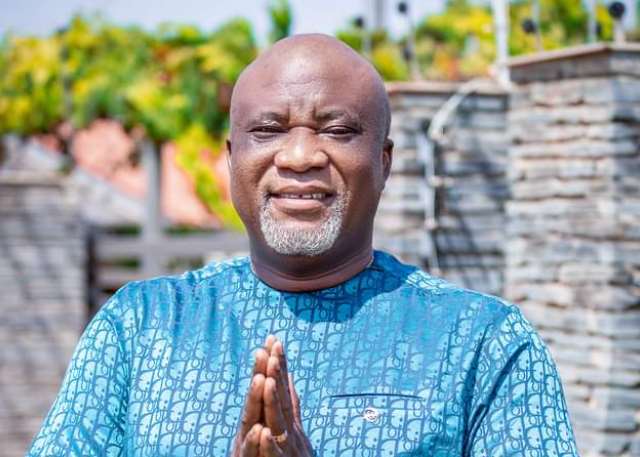The New Patriotic Party (NPP) has vehemently denounced alleged threats of physical violence made by Hopeson Yaovi Adorye, a representative of the Movement for Change, against Jennifer Oforiwaa Queen, the NPP’s Deputy Director of Communications. The incident, which transpired during a live broadcast of United Television’s (UTV) Adekye Nsroma morning show, has ignited widespread condemnation and calls for Adorye to be held accountable for his actions. The alleged threats underscore a concerning trend of intimidation and hostility directed towards women participating in the political sphere, raising crucial questions about the safety and inclusivity of Ghana’s political landscape.
The NPP, in an official statement released on April 17th and signed by its Communications Director, Richard Ahiagbah, expressed profound concern over the incident. Beyond the immediate threat to Ms. Queen, the party emphasized the broader implications for women’s political engagement in Ghana. The statement underscored the importance of safeguarding the hard-won progress made in ensuring women’s voices are heard and respected within the political arena. It argued that threats of violence, whether implicit or explicit, have a chilling effect on women’s participation and undermine the foundations of a healthy democracy.
The statement further highlighted Ghana’s commitment to promoting women’s political participation and stressed the need for continued vigilance to protect these advancements. It recognized the strides made in empowering women to actively engage in political discourse and hold positions of influence. The NPP argued that incidents like the alleged threat against Ms. Queen not only endanger individual women but also threaten to reverse the progress made in achieving gender equality in political representation and participation. The party’s statement underscored the urgency of addressing such threats decisively to ensure that women can continue to contribute to the nation’s political life without fear of intimidation or violence.
The NPP specifically called upon media organizations, particularly UTV where the alleged threat occurred, to take responsibility for fostering an environment of respectful dialogue. It urged media outlets to actively ensure that their platforms are not used to propagate hate speech, incite violence, or intimidate individuals based on their gender or political affiliation. The party’s call for media accountability reflects a broader concern that media platforms, especially those with wide reach, have a significant role to play in shaping public discourse and promoting responsible political engagement. By providing a platform for such threats, the NPP argues, media houses become complicit in normalizing unacceptable behavior.
Beyond its call for media accountability, the NPP also emphasized the need for broader societal vigilance against actions that erode democratic values and the principle of free speech. It argued that the alleged threat against Ms. Queen is not an isolated incident but rather a symptom of a deeper societal problem where intimidation and violence are increasingly used to silence dissenting voices, particularly those of women. The party’s statement serves as a call to action for all Ghanaians to actively defend the principles of democracy and to create a political environment where everyone, regardless of gender, can freely express their views without fear of reprisal.
In conclusion, the alleged threat against Jennifer Oforiwaa Queen has sparked a vital conversation about the safety and inclusion of women in Ghanaian politics. The NPP’s condemnation of the incident goes beyond a defense of its own member; it serves as a broader call to protect the hard-won progress made in women’s political participation. The party’s demand for media accountability and societal vigilance underscores the importance of creating a political environment where respectful dialogue and the free expression of ideas are paramount. The incident serves as a stark reminder that protecting the rights of women in politics is essential not only for gender equality but also for the health and vitality of Ghana’s democracy.














